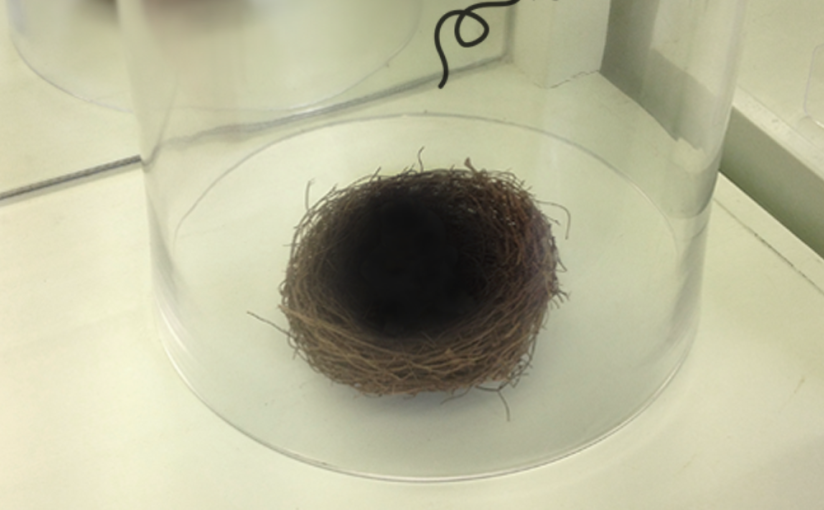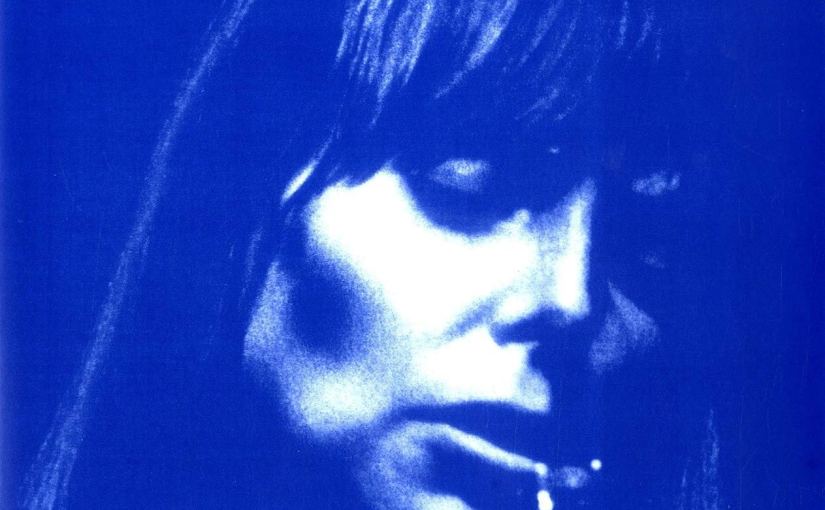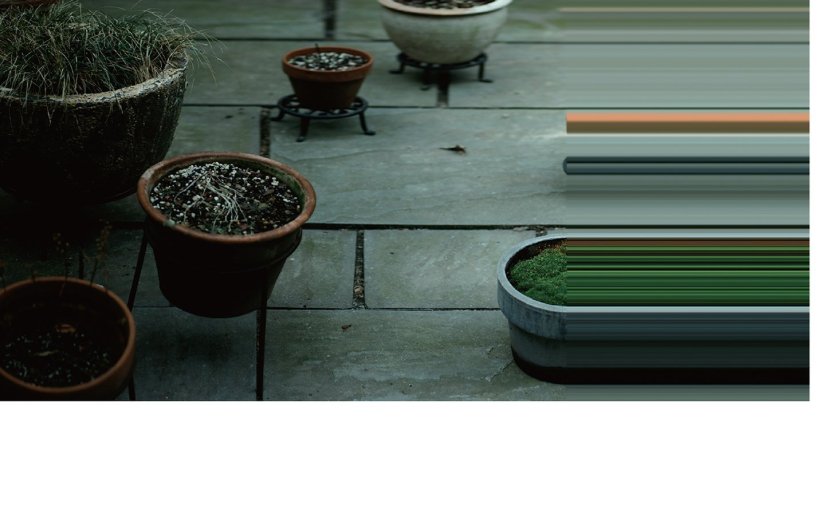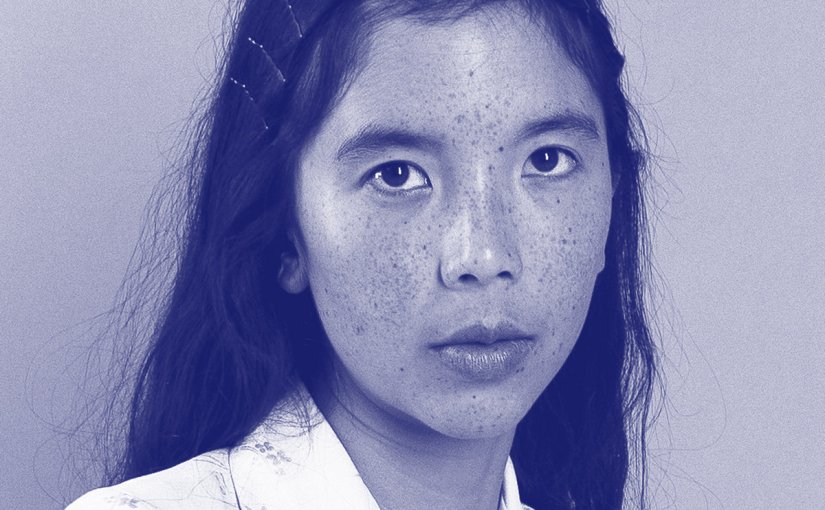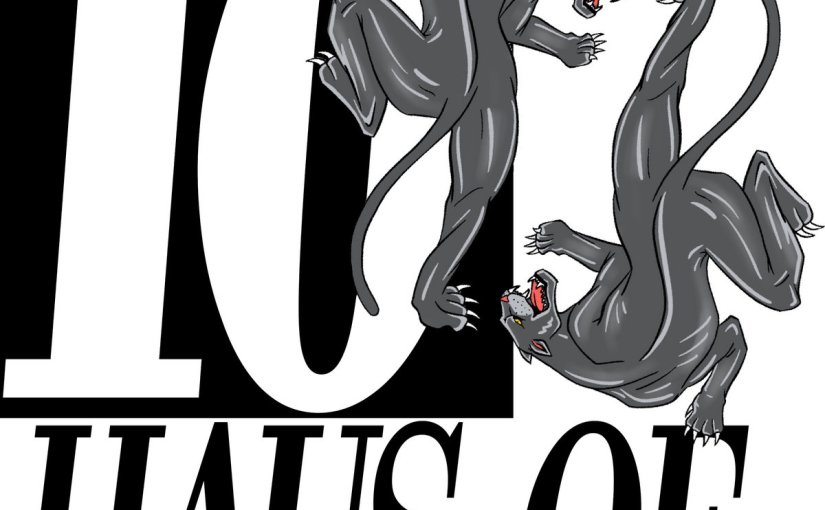Alex G

Mellow, melancholy, introspective. You are a big softie with a big heart. You can be eccentric sometimes, even a bit cryptic, but people love you because you are earnest. People joke that you like to be sad, but that’s not quite the truth. You’ve loved and you’ve lost and when you’ve lost you just needed time to be alone, to hibernate, to heal. Finding a quiet space to be still and find peace doesn’t make you weak. The past haunts you but you’re trying to find the right outlets to bury those demons. You are trying to remind yourself that being soft isn’t a bad thing. Softness leaves room for others to feel comfortable, cozy, and loved, and you provide that to the ones that mean the most to you.
BTS

For someone who is a part of such a huge global community, you are so often misunderstood. To love BTS is to make a commitment, a promise. To listen to BTS, to appreciate them is an act of devotion. This love is often misinterpreted as fanaticism, but only by those that do not understand the transcendental euphoria of complete surrender. You are able to see the good in anything. You are resilient and you have healthy systems to fall back on when you are down. You are an optimist and have a resolute belief that things will get better. Joy is your church. Screaming in ecstasy is how you worship. Cut out all the criticism. Your 7 husbands got you.
Burial

Brooding, reclusive and esoteric. You probably prefer solitude, but this can be misunderstood as being antisocial. It’s not that you dislike people, in fact you have a tight circle of friends that you love dearly. It’s just that you feel like you’re living in a fog and you don’t want to let this haze bring down your loved ones, which is why you need to be alone sometimes. Through the daze, you are haunted by voices from the past. Little phrases here and there. Old memories that sneak in but have been distorted through time. Still, there is movement. A rhythm that you’ve found. You’re making peace with your demons, processing the past through your creative practices. There is immense beauty in confronting the past. There is euphoria in healing. And you don’t need anybody else to validate or understand this for you.
Carly Rae Jepsen

You love fun. You’re an outgoing, spunky go-getter. You like what you like and don’t care what other people think even if it might be considered “normie” or “mainstream.” You’re a lover and you don’t shy away from letting your emotions show. Some people might get turned off by this, but frankly, you couldn’t care less. You only stick with those who have the same vibe and positive outlook on life. You’re here for a good time not a long time and you want to experience the range of human emotion to the fullest while you’re here
Mitski

A yearner, an introvert, an emotional artist. You are at once both immensely private and desperate for human connection. You long for love almost as strongly as you are terrified of it because to love someone truly is to share all the ugly parts that you so meticulously hide away from the world. You have let love in with varying degrees of success, but it has never felt like enough. Maybe the reason you find yourself always wanting more is because you still have trouble showing your true self. Maybe you bet on losing dogs to at least be prepared for the inevitable pain of losing them. Maybe you’ve just had bad luck. “What do you do with a loving feeling if a loving feeling leaves you all alone?” You keep trying.
Omar Apollo

Artistic, charismatic, and loving, it’s no wonder you often become a muse. You are an idealist and a lover. You give so much to the ones you love, perhaps at the cost of your own well-being, but you do it because you always see the good in people and can picture them in their fullest selves. For this reason, you have a tendency to mold yourself to fit your lovers, to make yourself smaller, to not advocate for your needs and your boundaries when deep down you wish that they would give more. You know this is something you need to work on, and trust me, I know you’re trying. And even if it hurts, you turn the pain into transcendent art. Which is probably why you keep becoming the muse of your lovers. And so the cycle begins again.
rEmPiT g0dDe$$

Mysterious, brooding, and a hint of hardcore. You understand there is immense power in the darker side of things. Harsher sounds keep you alert. Your eyes see more clearly when you’ve adjusted to the absence of light. You move swiftly and decisively through the world. You welcome discomfort and sadness because you know that to really embrace these things is to be alive. You’re the type that finds comfort in a pitch-black club, the fog surrounding you like a blanket, the hardcore kick drums and sharp synths propelling you forward. You are probably more of a lone wolf. This is something you embrace. The few that do understand you move in step with you with unspoken devotion.
Rosalía

Fun, flirty, and just a little mysterious. You’re social and love going out, but you prefer to keep things at a steady hum rather than an ecstatic scream of delight. A big part of the fun of going out for you is the people watching. You’re dancing at a laidback pace seeing how others move, wondering how the way their hips sway might provide insights into the way they move through the world. Going out isn’t your whole personality though. You need quality cozy time at home. You love unwinding with a hot drink or a glass of wine or a spliff and dancing in your bedroom with the lights down low. You feel hottest and at your best when nobody is watching.
SZA

You’re an aimless late night drive type of person. You are aware that you are flawed, aware that you are always growing. Lately, you’ve been Going Through It. There’s no shame in that. Maybe you’ve said goodbye to a relationship where you never felt fully appreciated or maybe you’re still fighting for one, giving too much of yourself again. When you love, you love hard. You give all of yourself because you expect the same. Unfortunately, not everyone can meet you at the same level. They have baggage. They have excuses. Often, they lack honesty and transparency, which is really all that you are asking for. Sometimes it can be so hard and you feel alone and you’re screaming out into the night asking why. But you know your self-worth. You know you’re a catch. You’re doing your best to Do The Work, to heal. And that’s really all you can do right now.
Thaiboy Digital

You’re a baller. You’re a rockstar. You are often the life of the party with a crew that runs deep. You might be intimidating at first, but people will find they love you because you don’t take yourself too seriously and can laugh at yourself when you’re cringe. Deep down though you are a romantic and you have a lot of love to give. Lately, you may have experienced some heartbreak. But you’re not one to wallow in sadness or self-pity. You know your self-worth and when you’re feeling sad or lost you remind yourself: “I’m fresh! I’m fresh! I’m fresh!” Repetition can do wonders. A mantra to pull you up when you’ve been pushed down.
